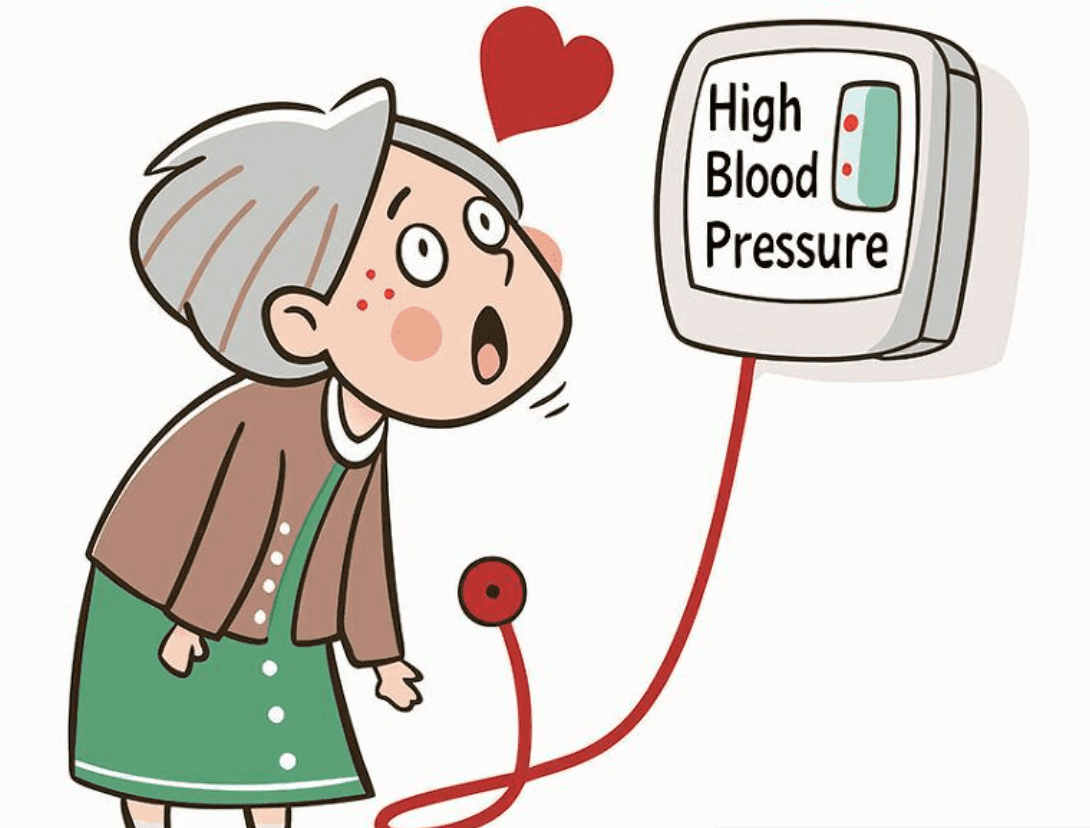The Secret Weapon Against Type 2 Diabetes: Yogurt?
Recently, there's been a buzz about yogurt potentially reducing the risk of Type 2 diabetes. This surge in interest came after the FDA sanctioned dairy companies to claim that regular yogurt consumption may help in this regard.
As of March 2024, the FDA has cleared the way for dairy manufacturers to state that eating two cups or three servings of yogurt per week _may_ reduce Type 2 diabetes risk. It's crucial to note that they emphasize _may_, as the FDA’s allowance is based on what they refer to as "limited scientific evidence."
This new development isn't the arbitrary innovation of playful FDA officials. It stems from a 2018 petition by Danone, a major dairy manufacturer inspired by 32 studies linking yogurt consumption to reduced diabetes risk.
"Where there's a lot of smoke, there's probably fire," suggests this cautious endorsement.
The claim is backed by scientific studies showing a correlation between higher yogurt intake and reduced Type 2 diabetes incidence. Danone highlighted that 83% of analyzed studies supported this link, presenting a compelling, but not definitive, case.
The notion of yogurt as a standalone preventer of diabetes is misguided, as underlined by Dr. Maran Nestler's assertion that _diet as a whole_, not just yogurt, should be the focal point when considering diabetes prevention.
When selecting your yogurt, focus on options with limited added sugars. Checking the nutrition label and focusing on carbohydrate and sugar content is essential, because while yogurt is inherently dairy and will contain natural sugars, avoiding excessive added sugars is crucial.
- Select yogurts with zero or low added sugars.
- Consider the carbohydrate content listed on the label.
A favored option would be yogurts like Chobani's Sugar-Free range, known for its minimal sugar content and rich flavor.
Considering adding more dairy to your diet might be worthwhile if you're mindful of your blood sugar levels. Nevertheless, it’s important to critically evaluate the yogurt's nutritional content when doing so. Always remember to integrate these kinds of changes in consultation with broader dietary adjustments.
From Around The Web
Wellness Inbox is a blog & weekly newsletter that curates trending news and products related to health and wellness from around the web. We also gather content from various sources, including leading health professionals, and deliver it directly to you.
Please note that we may receive compensation if you purchase any products featured in our newsletter. Wellness Inbox is not affiliated with, nor does it endorse, any health professionals whose content may appear in our newsletter. The information provided is for general informational purposes only and should not be considered medical advice.
The information provided is not intended to replace professional medical advice, diagnosis, or treatment. All content, including text, graphics, images, and information available is for general informational purposes only. We do not guarantee the accuracy or completeness of any information presented and assume no liability for any errors or omissions. The content is subject to change without notice. We encourage you to verify any information with other reliable sources and consult your physician regarding any medical conditions or treatments.







